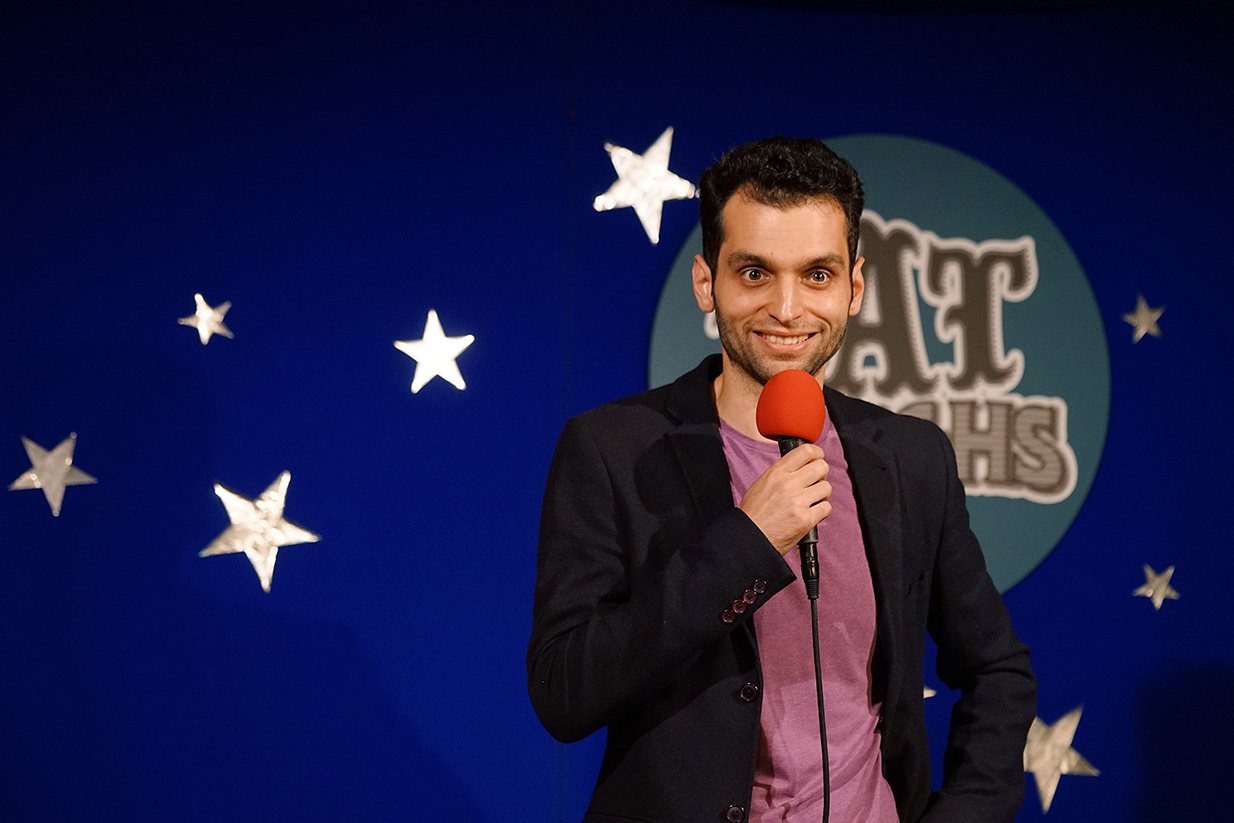For regular listeners of the Triggernometry YouTube podcast, much of the content and tone of co-host Konstantin Kisin’s just-published nonfiction book, An Immigrant’s Love Letter to the West, will come as no surprise. Part memoir and part cultural commentary, the book recounts the arc of Kisin’s family story as it ranges from the gulags of the Soviet Union to the present-day United Kingdom, recounting how the family’s experiences shaped the author’s appreciation for the virtues of the Western world as opposed to the actual “lived experience” of communism. He interlaces the stories of these personal and family experiences with critiques of the contemporary Western progressivism that seeks to denigrate its own culture (as being, say, uniquely racist) while simultaneously proposing and implementing oppressive “solutions” (e.g., suppression of speech) to perceived shortcomings.
Of course, that’s exactly the type of fare that Kisin fans have come to appreciate from him and co-host Francis Foster on their popular program (the book even features several extended excerpts of interviews from Triggernometry). In the case of both the book and the show, a winning and endearing persona shines through: In addition to being an immigrant from a nation that suffered under a genuinely repressive regime, Kisin is also a comedian who once lost a job for his refusal to sign a speech code, meaning he possesses the unique voice and insight necessary to expose the hypocrisies, dangers, and shortcomings of both socialism and those in the West who ignorantly bash their own societies as a way to justify imposing the very top-down controls that turn a regime authoritarian.
In this way, the memoir is a pleasant and welcome read for those inclined to agree with Kisin’s classical liberal, pro-West, centrist vision of the world. That said, those familiar with Kisin’s viewpoint and work will find little new here—anyone looking for deep dives into the philosophical or moral roots of capitalism and democracy will instead find a recap of some of the more comical or extreme progressive and media offenses of the past several years.
There are shining passages in the book, particularly in each and every family story Kisin tells, as well as his exploration of how media in the West are actively undermining confidence in themselves. The introduction, which the author admits borders on the overly sentimental, frames what is to come with a fittingly Soviet story that contains a warning for the present: “Another devastating epidemic has spread like wildfire through the Western world, particularly the Anglosphere, and shows no signs of abating. Unlike COVID, this is a virus of the mind,” Kisin warns. It’s well told and compelling, containing perhaps the most clarion call for personal action and societal change of any section in the book.
Kisin’s criticisms of Western media are presented not as inherent flaws of the economic or social structures prevailing in the relevant countries but as self-betrayals that threaten to undo those things. “Freedom of speech, the sanctity of the individual and equality of opportunity,” he notes, “are both the products of and the necessary ingredients for the tremendous progress we have made in science, art, technology and culture.” He goes on to skewer the purveyors of news and opinion for their blatant failures (confidently and incorrectly predicting the outcomes of both Brexit and the 2016 U.S. presidential election), their willingness to abandon the bedrock journalistic principles of objectivity in order to embrace silly stories that confirm their pre-existing biases (reporting, for example, the absurd Jussie Smollett hoax story as fact, lavishing praise on New York Governor Andrew Cuomo as he blatantly mishandled his state’s COVID response), and their downright mendacity (the insistence that the Hunter Biden laptop story was Russian misinformation, that riots over the summer of 2020 were harmless and peaceful protests).
The political leadership class comes in for its fair share of criticism as well, with many high-profile failures highlighted: the hypocrisy on adherence to COVID guidance, flip-flops on the efficacy of mask-wearing, and the sudden reversal of social-distancing rules when people wanted to gather en masse to protest preferred causes.
Perhaps the most endearing and enlightening parts of the book come in the moments where Kisin relates stories of his family and himself across generations, from his great-grandparents’ meeting in a gulag (where Kisin’s paternal grandmother was conceived and born) to his own move to the United Kingdom for boarding school at the age of 11. The stories are meaningful and often delivered with Kisin’s signature humor: “My mum would pick apples in the university gardens and cook them with rice, which was a typical family meal. Still better than British food—but you get my point.”
His great-grandparents’ gulag life was one of forced labor and privation (his great-grandfather spent 13 years in a camp, with three years added to his original 10-year sentence for the crime of criticizing the government). Kisin’s grandfather, too, ran afoul of government authorities. A successful physicist, he lost his career (and his wife’s career, and his son’s place at university) after making statements in opposition to the Soviet invasion of Afghanistan (although the actual crime for which he was arrested was the possession of a radio). The grandfather did not wind up in a gulag but was effectively “canceled” from polite society, leading eventually to his own move to the United Kingdom. Kisin retells all this as a warning about contemporary Western culture’s seeming embrace of speech suppression as a defensible measure. “Political correctness,” he notes, “first appeared in Marxist-Leninist vocabulary following the Russian Revolution and was used to describe adherence to the policies and principles of the Communist Party.” People who expressed dissent were told, “Comrade, this may be factually correct but it is politically incorrect.”
For all its strengths, however, the memoir dedicates a bit too much space to recapping stock arguments for classical liberalism and an appreciation for what Western culture has wrought in the long and often ugly history of the world. For all the faults that one may want to point out in contemporary Britain and America, and even in their respective histories, Kisin argues, they have produced the freest, most equitable, and highest living-standard societies in the history of the world. In the author’s own words, “By the standards of all human beings who have ever lived, we are by far and away the luckiest people in history.” For those who recognize the truth of such assertions, Kisin offers nothing objectionable; he also, however, offers little new or insightful. A long aside on the ubiquity of slavery across cultures and regions throughout history, while somewhat edifying, seems out of place; perhaps in a different context it would seem more appropriate or valuable, but in this book it places undue emphasis on a topic that could have been dispatched with a couple of sentences.
For all these reasons, An Immigrant’s Love Letter to the West is perhaps best suited for those uninitiated in the basics of classical liberal thinking or who need to be reminded of the blessings of living in a contemporary Western society. (Someone should send a copy to “The Squad,” for example.) For readers already familiar with this subject matter, Kisin remains an unquestionable talent with firsthand knowledge of the consequences of both state socialism and the cultural diktats of currently fashionable progressive thinking in the West. Let’s hope he has a sequel in him.

